News
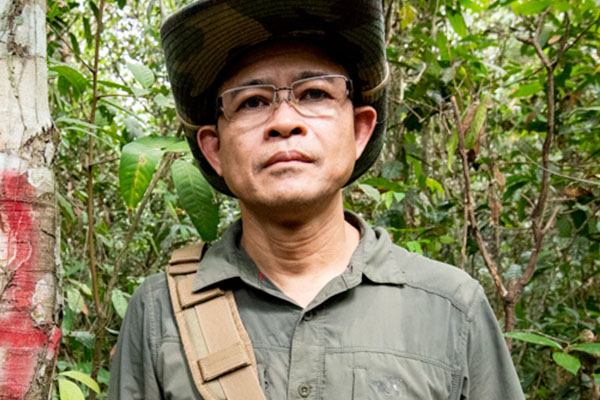
Preserving Water in His Homeland
May 1, 2019
Growing up in a small village along the Mekong River, Bunnara Min often found himself wandering outside during breaks in school. Lush trees surrounded the school, shading the school yard and putting him at peace. As he prepared to graduate and go to college, his father asked what he would study. Forests, Min said. At […]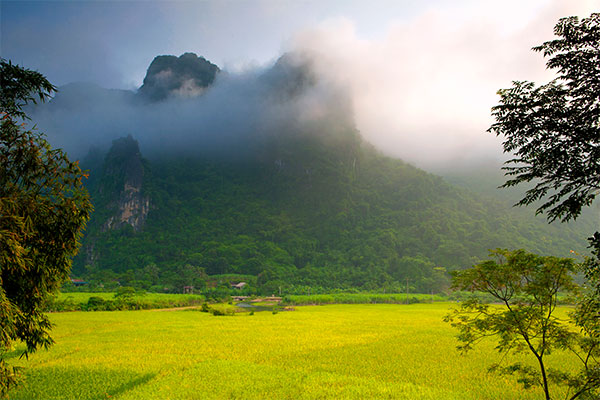
Winrock Assembles Advisory Committee of Resilience Experts
April 16, 2019
The U.S. Department of State Private Investment for Enhanced Resilience (PIER) project, implemented by Winrock International and Climate Finance Advisors, has assembled the PIER Advisory Committee (PAC) to advise PIER in three thematic areas: country-level interventions, capacity building and private sector engagement, and thought leadership, communications, knowledge sharing and awareness. “The unique expertise of these […]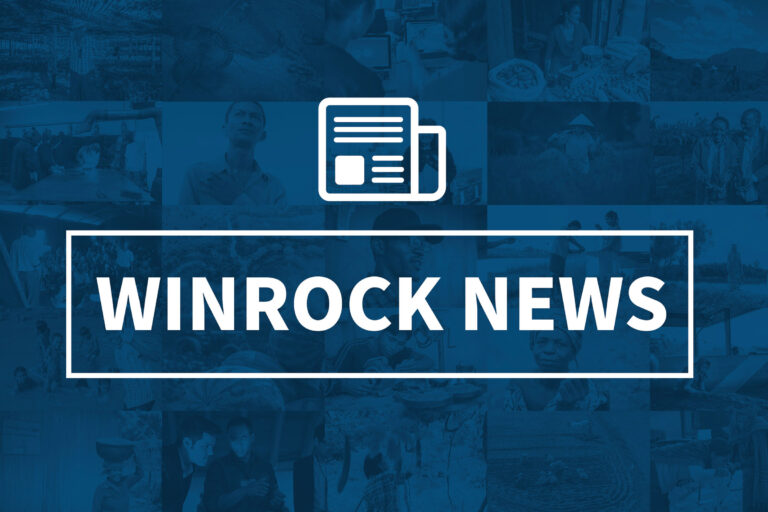
Winrock’s Liz Kendall Discusses Water Security in World Water Magazine
April 10, 2019
Water.org and Winrock’s Sustainable Water Partnership (SWP) have launched a $4-million micro loan financing program to bring water and sanitation to Cambodian households. Winrock International’s Liz Kendall recently contributed a story to World Water Magazine about current water challenges in Cambodia and how affordable microloans can help to expand water access. SWP began the Cambodia Water Security Improvement […]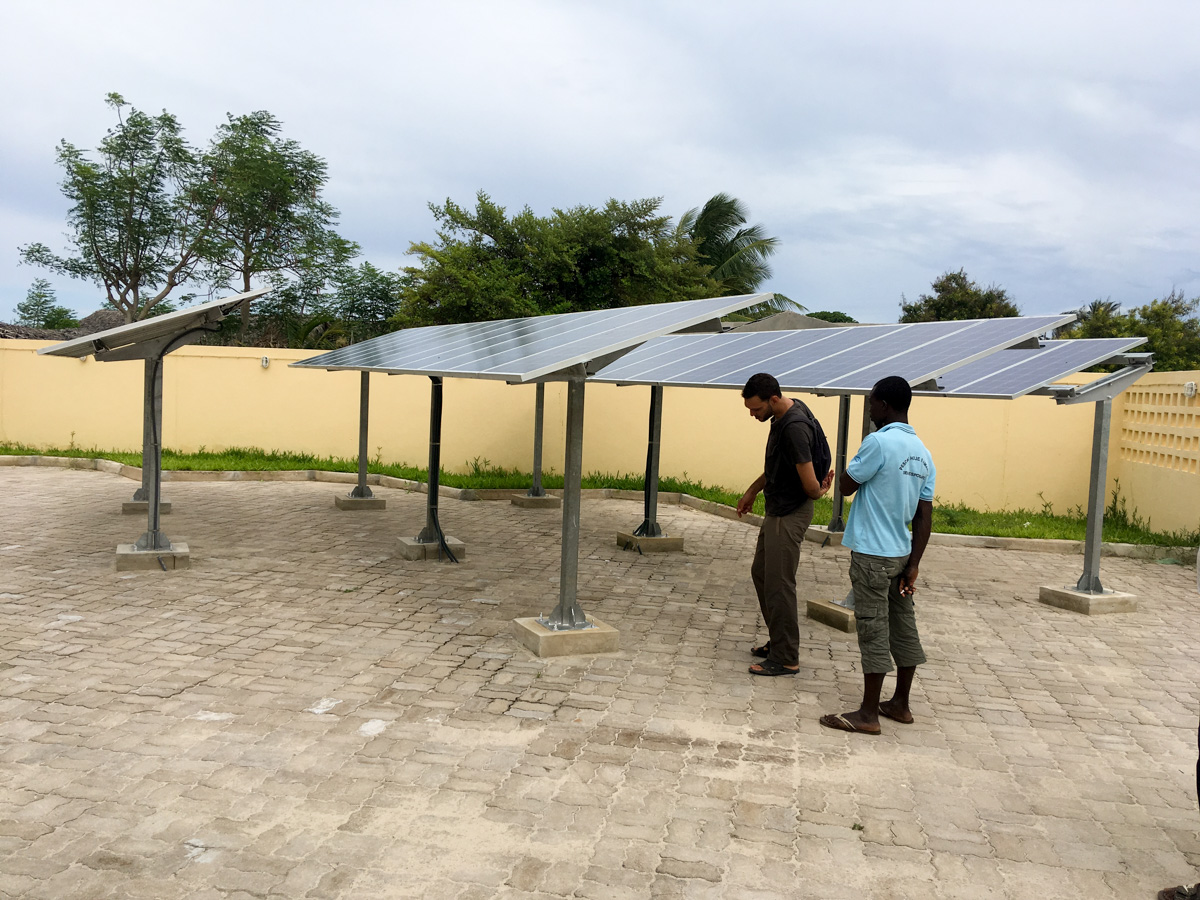
Keeping Fish Fresh in Mozambique
April 9, 2019
This year the Clean Energy team is implementing a new project called GreenTech, where we are working with U.S. refrigeration company SunDanzer to commercialize solar chillers for smallholders in five African countries. In Mozambique, where the electrical grid covers only 28 percent of the population, our mandate is to determine whether there is a feasible […]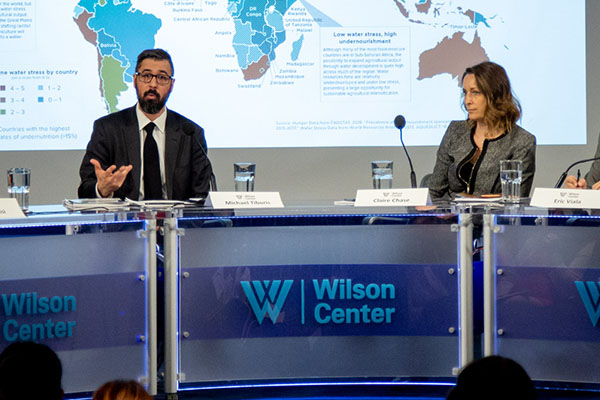
Feeding a Thirsty World
March 26, 2019
“It goes without saying that there’s no food without water,” said Winrock President and CEO Rodney Ferguson opening the Wilson Center event “Feeding a Thirsty World: Harnessing the Connections Between Food and Water Security” in Washington, D.C., on March 25. “Seventy percent of global water use goes to agriculture. … Water insecurity affects food security […]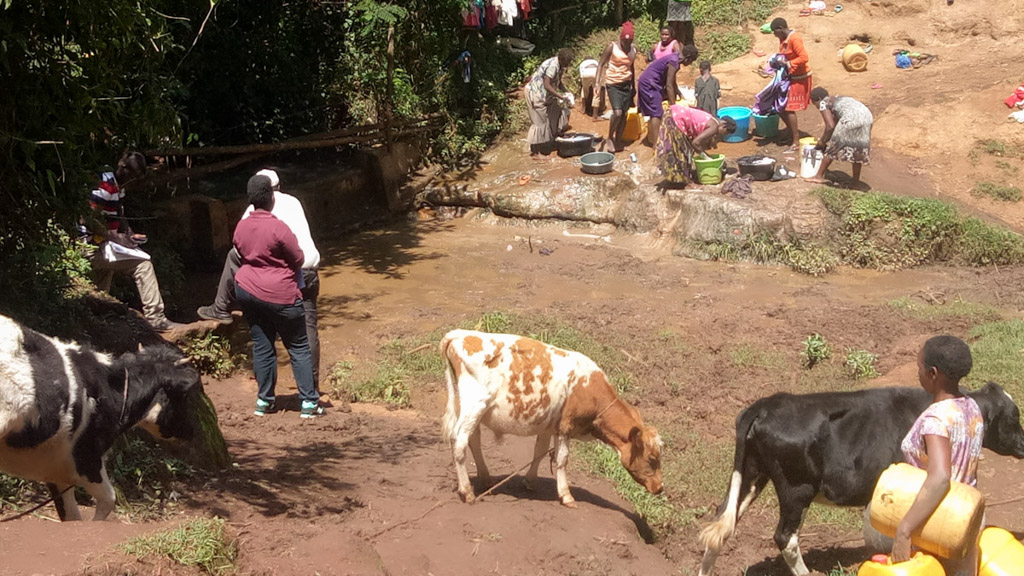
SWP Boosts Stalled Effort to Protect Mara Waterways
March 18, 2019
In 2013, the Kenyan government’s Water Resources Authority met with farmers, pastoralists and other people who use water along the Talek and Nyangores rivers, important tributaries to the Mara River Basin. A crucial source of water to both Kenya and Tanzania, the Mara River faces accelerating pressure from population growth, increased farming, soil degradation and […]
What You May Not Know About Vietnam
March 11, 2019
As Asia’s newest tiger economy and host of the Trump-Kim Nuclear Summit on February 27-28, Vietnam has been the subject of amplified international attention recently. Yet the roar of press coverage about the country’s impressive post-war transformation has failed to highlight the example Vietnam has set for balancing economic development with climate goals. Since 2012, […]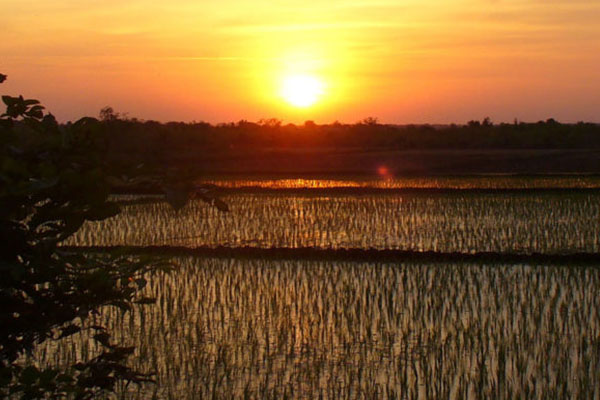
Bolstering WASH, Building Resilience
February 11, 2019
Clean water keeps us alive by keeping us hydrated and clean. Water, Sanitation and Hygiene (WASH) projects aim to improve public health by allieviating poverty and boosting economic development. They do this by building or rehabilitating water and wastewater systems, and by promoting healthier sanitation and hygiene practices. While WASH programs continue to save lives, […]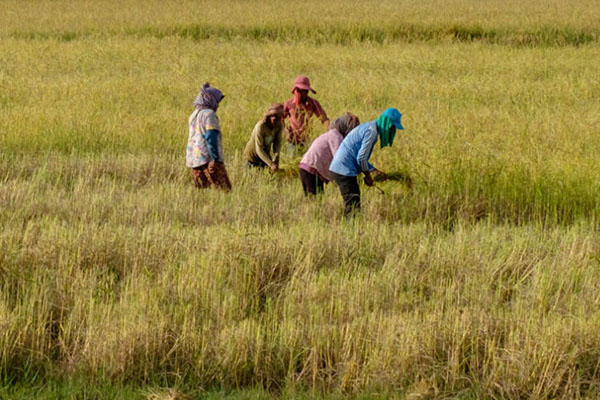
Learning from Neighbors
February 8, 2019
Representatives of three Cambodian villages recently came away determined to improve their local sanitation after visiting a nearby community that had successfully addressed similar problems. Many of the villagers are part of a working group formed in October to address inadequate access to safe water supply and sanitation (WASH) in central Cambodia’s Stung Chinit watershed. […]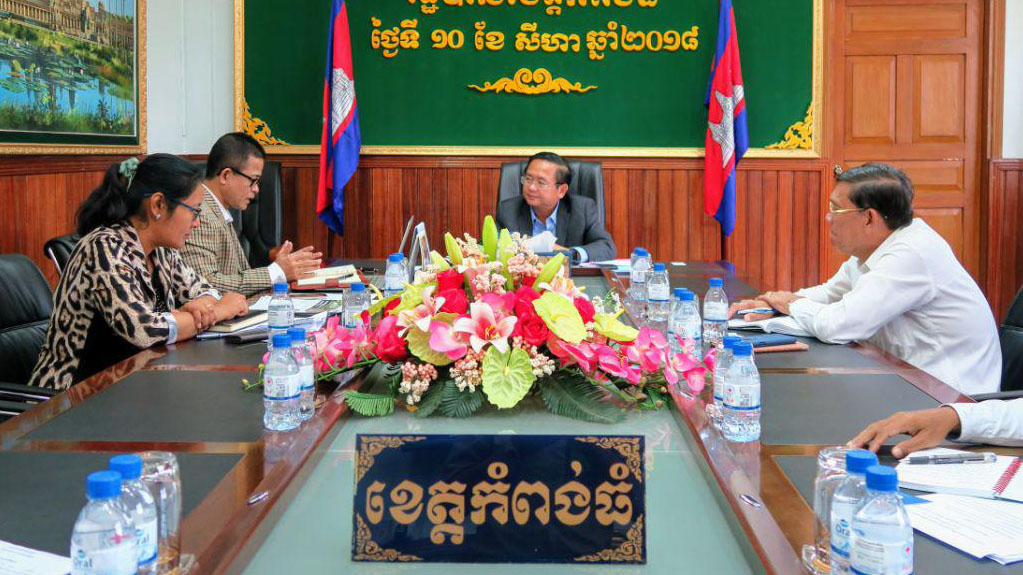
Modeling Better Water Management
February 4, 2019
The Sustainable Water Partnership (SWP) has trained 15 Cambodian representatives from national and provincial departments, research institutes, technical organizations and universities on an innovative new water modeling tool. In September, SWP and consortium partner Stockholm Environment Institute (SEI) provided technical training on the Water Evaluation and Planning (WEAP) system, a software tool developed by SEI for integrated water […]